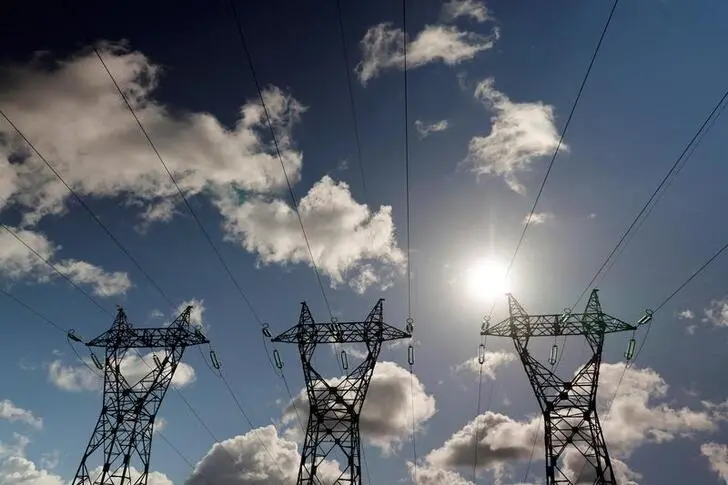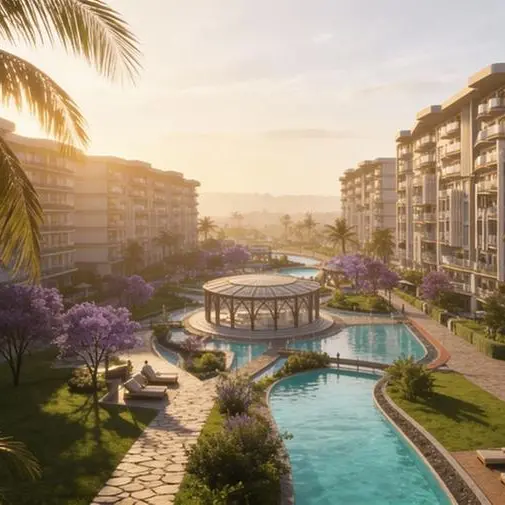PHOTO
Hitachi Energy, a global technology leader, said it has secured a major order from Bahrain's Electricity and Water Authority (EWA) to provide a power quality solution for improving the voltage stability and increase capacity in the national high-voltage transmission grid.
As per the contract awarded by Bahrains national electric and water utility, Hitachi Energy will help strengthen the kingdom's grid to make it more sustainable, flexible and secure.
A more resilient and stable grid transmitting more high-quality power will help Bahrain meet the growing demand for electricity and integrate large-scale renewables to reach its 10 per cent clean energy target by 2035.
Hitachi Energy is the market and technology leader in power quality solutions. The company recently launched SVC Light Enhanced its next-generation grid stabilization solution, which combines two grid-stabilizing technologies in one device.
"Bahrain is entering an exciting phase as it evolves its economy into new sectors and prepares to integrate large-scale renewables into its power mix," said Dr Mostafa Al-Guezeri, the Managing Director of Hitachi Energy for the UAE, Gulf, Near East and Pakistan.
"A resilient power grid will play an essential role in helping the country achieve its eco-nomic, societal and sustainability goals," he stated.
The solution comprises three SVC Light Statcoms (static synchronous compensators), which will be installed close to load centers to improve grid stability and increase power flows throughout the entire grid.
Hitachi Energys innovative SVC Light technology provides instantaneous reactive power in response to voltage fluctuations.
It is part of a suite of grid and power quality technologies developed by Hitachi Energy to boost transmission capacity and increase the quality and resilience of AC power systems.
Statcom technologies, such as SVC Light from Hitachi Energy, have a 40 per cent lower carbon footprint over their life cycle compared to traditional solutions, said the statement from the company.
Statcoms are typically used to bolster weak grids, integrate intermittent power supply from large wind and solar energy plants, and stabilize the effects of load fluctuations caused by large energy-using industries like aluminum and petrochemicals, both of which account for almost two-thirds of Bahrains energy use, it added.-TradeArabia News Service
Copyright 2021 Al Hilal Publishing and Marketing Group Provided by SyndiGate Media Inc. (Syndigate.info).
Disclaimer: The content of this article is syndicated or provided to this website from an external third party provider. We are not responsible for, and do not control, such external websites, entities, applications or media publishers. The body of the text is provided on an as is and as available basis and has not been edited in any way. Neither we nor our affiliates guarantee the accuracy of or endorse the views or opinions expressed in this article. Read our full disclaimer policy here.





















